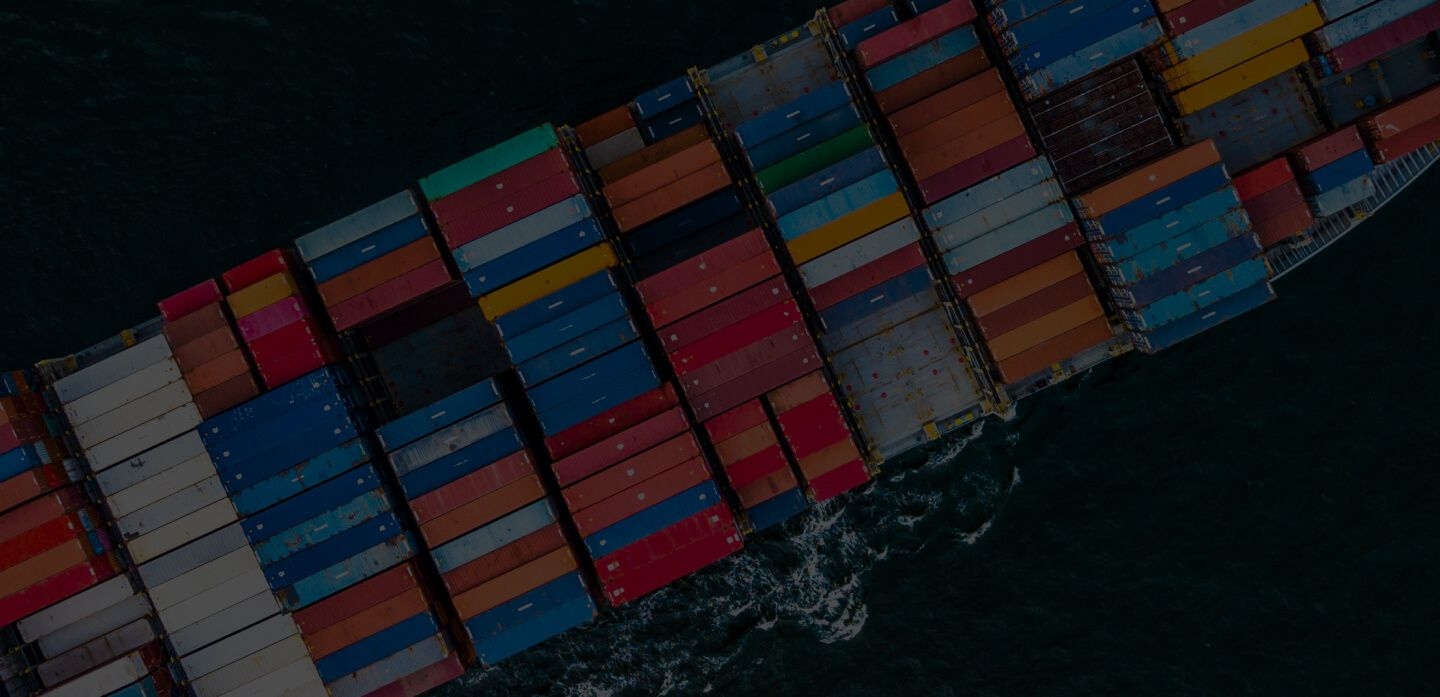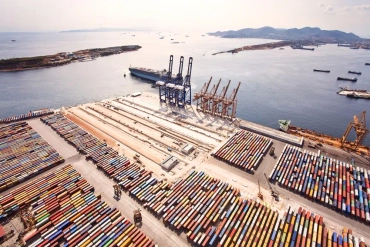
Shipping Cargo from USA to Dubai



In the past ten years Dubai has become an increasingly important trading US partner for waterborne exports and imports. More and more goods are shipped between the two countries as an ocean freight cargo. Whether for business or pleasure, there is a growing need to ship items from USA to Dubai with the best container shipping rates.
The time involved to ship cargo is dependent upon a variety of factors. If the vessel is traveling at 22 knots, it will take approximately 17 days to cover the shortest route between Miami and Dubai. This is without any stops or delays along the way. Tanker and bulk vessels usually travel at speeds slower than 22 knots. Therefore, the most realistic time frame to ship cargo from the United States to Dubai is approximately 4 weeks. There are many variables that may be factored into this time range. These include how many stops the vessel makes along the way, which will determine how long the trip takes. Finally, rough seas and other types of bad weather can delay a ship as well.
This diagram briefly shows the steps and processes that an importer has to go through, as well as the documents that need to be submitted in order to complete the import process successfully for importing a Full Container Load into Dubai.
For importing goods into Dubai, an importer should have a valid Trade License issued from any of the License Issuing Authority in U.A.E. and should be registered with Dubai Customs.
The Importer can carry out import procedures to Dubai online or manually through Ports & Customs Documentation Centers.
The import process can be summarized as shown below
- To import goods from outside the country into Dubai, the following original documents are required:
- Original Bill of Lading copies
- Commercial Invoice
- Packing List
- Certificate of Origin
- Commercial invoice from the exporter addressed to the importer detailing total quantity, goods description and total value for each item.
- Original certificate of origin approved by the chamber of commerce at the country of origin detailing the origin of goods.
- Detailed packing list as per weight, method of packing and HS code for each individual article contained in the shipment.
- Import permit from the competent agencies in the event of importing restricted goods or duty exempted goods.
The above documents are required irrespective of the sales agreement and payment method agreed between the importer and exporter.
2. Based on the vessel arrival date, the importer must then approach the shipping agent to submit the original Bill of Lading and settle any dues with the shipping agent. In return, the shipping agent must issue a Delivery Order to the importer.
Related Articles


